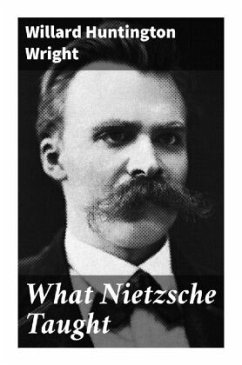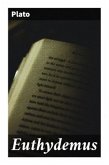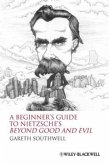In "What Nietzsche Taught," Willard Huntington Wright explores the provocative philosophy of Friedrich Nietzsche, presenting it in an accessible yet intellectually rigorous manner. Wright deftly navigates Nietzsche's core concepts, such as the Übermensch, eternal recurrence, and the critique of morality, situating them within the broader context of existentialism and early 20th-century thought. The book combines a clear narrative style with analytical depth, encouraging readers to engage with Nietzsche's challenging ideas in a way that is both stimulating and enlightening. Wright, an influential figure in American literature and technology, was deeply immersed in the philosophical currents of his time, which undoubtedly inspired his interest in Nietzsche. His background as a writer and critic, along with his involvement in the modernist movement, shaped his approach to philosophy, allowing him to bridge the gap between popular understanding and academic discourse. This connectionbetween philosophy and literature adds layers of meaning to his interpretations, making them resonate with readers from diverse backgrounds. This book is highly recommended for anyone seeking a clearer understanding of Nietzsche's philosophies and their implications for modern thought. Wright's engaging style and insightful analysis serve not only as an introduction to Nietzsche but also as a catalyst for deeper philosophical inquiry, making it a valuable addition to the libraries of students, scholars, and general readers alike.
Bitte wählen Sie Ihr Anliegen aus.
Rechnungen
Retourenschein anfordern
Bestellstatus
Storno








